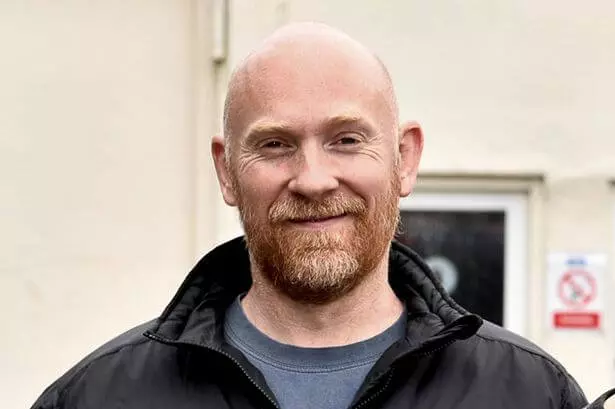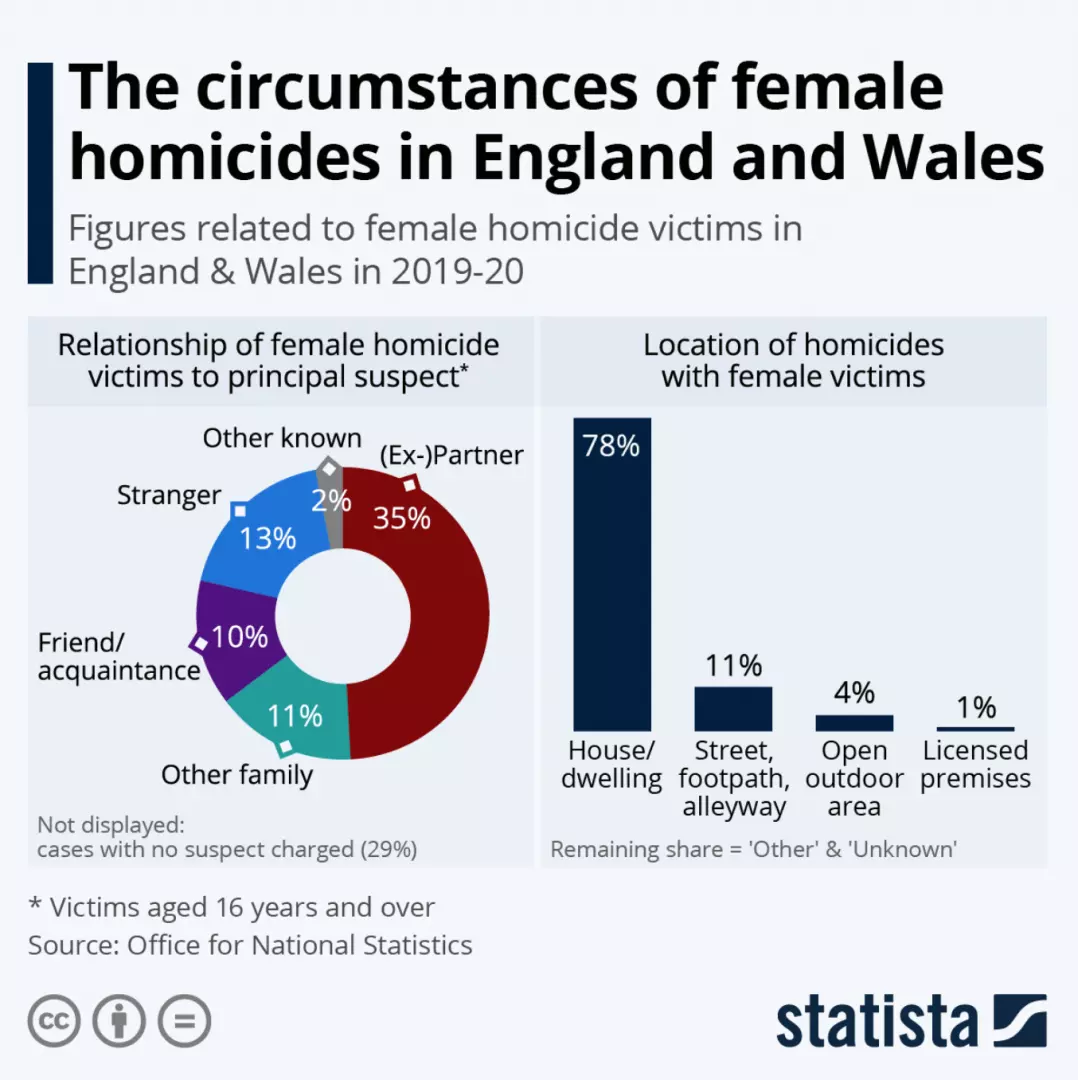Comments
- No comments found

The murder of Sarah Everald has prompted growing concerns for women going outside at night.

Sarah Everaled | © The Telegraph
As the seasons change, so does the behaviour of people protecting themselves after dark.
Men, women, seniors, LGBTQ, minorities and children know all too well the adjustments they have to make daily to stay safe at night.
Be it walking with their keys between their knuckles, quickening their pace as they feel someone creeping up behind them, ordering a taxi for short distances, or taking busy, well-lit roads even though the walk through the park is quicker.
Unfortunately, we no longer feel safe at night. When autumn arrives, and the longer, lighter evenings of summer subside, women are all too often left with a panicking feeling about their safety.

Sabina Nessa | © Metropolitan Police
After the high-profile disappearance and murder of Sarah Everard in March 2021, it’s left many of us questioning whether things will ever change when it comes to street violence against women, LGBTQ and minorities. Sabina Nessa's case also sparked new concerns for the safety of women walking the capital’s streets.
You will be safest if you stick to pedestrian pathways or sidewalks when walking at night. Always make sure you are highly visible and alert while walking.
Sarah Everard was handcuffed by her murderer, former Met Police officer, Wayne Couzens as he pretended to arrest her for breaching Covid-19 guidelines.
Met Police officer Wayne Couzens abducted her as she walked home from a friend's house in Clapham on 3 March 2021.

Wayne Couzens | © MyLondon
Wayne Couzens showed his warrant card before restraining Ms Sarah Everard, 33, putting her in his hire car and driving away.
His sentencing hearing at the Old Bailey was told that her ordeal could be summarised as "deception, kidnap, rape, strangulation, fire".
The 48-year-old had worked on Covid-19 patrols in January 2021, the court heard, and so would have known the appropriate formal terms regarding potential breaches.
The whole kidnapping took less than five minutes.
Ms Sarah Everard Everard was handcuffed at 21:34 GMT and four minutes later she was being driven to Dover, where Couzens transferred her to his own car.
Wayne Couzens then drove to a remote rural area he knew well, where he raped Ms Everard. The sexual predator had clocked off from a 12-hour shift that morning.
The exact time Ms Everard was killed could not be determined, although she was dead - strangled with Couzens' police belt - by about 02:30 on 4 March 2021, when he stopped for snacks at a service station.
A week after she disappeared, Ms Everard's body was found in a woodland stream in Ashford, Kent, just metres from land owned by Wayne Couzens.
Her body and clothes had been put inside a refrigerator and set alight before being moved in builders' bags.
The court heard that a couple of days after burning Ms Everard's body, Couzens took his wife and two children on a family trip to the woods.
Former Met officer Couzens, who pleaded guilty in July 2021 to Ms Everard's murder, will be sentenced at the end of the two-day hearing. Lord Justice Fulford will consider whether to hand down a whole-life term.
The murder of Sarah Everard prompted national outrage in the UK and sparked protests about violence against women, particularly as walking was one of the few activities to have been allowed during Britain's coronavirus lockdown.

Source: Statista
Women across the United Kingdom shared stories of being followed, harassed, catcalled and assaulted. A number of vigils were held in honour of Ms Everard and to raise concerns about the safety of women.
Surprisingly, while women can anecdotally attest to the anxieties around the perceived dangers of autumn and winter, some research actually points to higher levels of crime committed during summer months.
If you, or someone you know, is in immediate danger in England, call 999 and ask for the police. If you are not in immediate danger, you can contact:
Leave your comments
Post comment as a guest